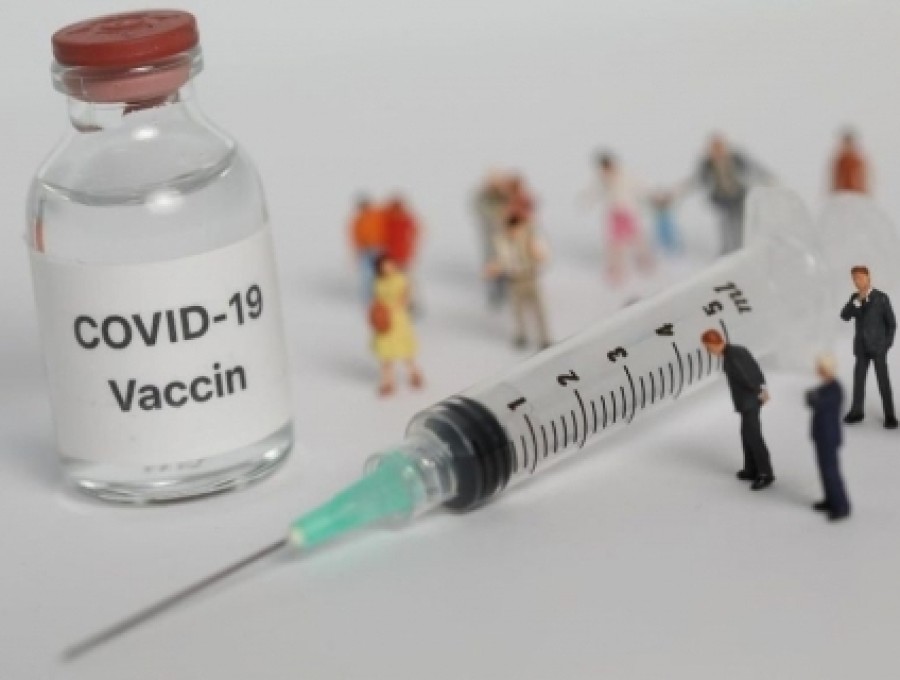On 27 January 2021, the Parliamentary Assembly of the Council of Europe (PACE) adopted a resolution on the ethical, legal and practical considerations raised by the COVID-19 vaccines.
The resolution stresses the importance of equitable distribution of vaccines by and between member states, given that supply remains limited, so that the groups at highest risk – including the elderly, those with underlying conditions and those facing the greatest exposure (healthcare staff and key workers in essential infrastructure and public services) – can be protected as a matter of priority.
Acknowledging that the speed with which vaccines have been developed has understandably produced a certain degree of mistrust, the resolution also reiterates the need to ensure vaccine uptake by guaranteeing the integrity of the procedure for granting marketing authorisations (quality of trials and independence of the bodies issuing authorisations) and by providing transparent information about vaccine safety and effective monitoring of side effects.
While stressing its importance as a critical step in ending the pandemic, the resolution notes, for the first time at a Europe-wide level, that vaccination is not mandatory and calls on member states to restrict the use of vaccination certificates solely to monitoring the efficacy and safety of COVID-19 vaccines over the long term.
The resolution was adopted with 115 votes in favour, 2 votes against and 13 abstentions. It was supported by Monaco’s delegation to PACE (National Council members Brigitte Boccone-Pagès and Béatrice Fresko-Rolfo).

COVID-19 vaccines
02 February 2021